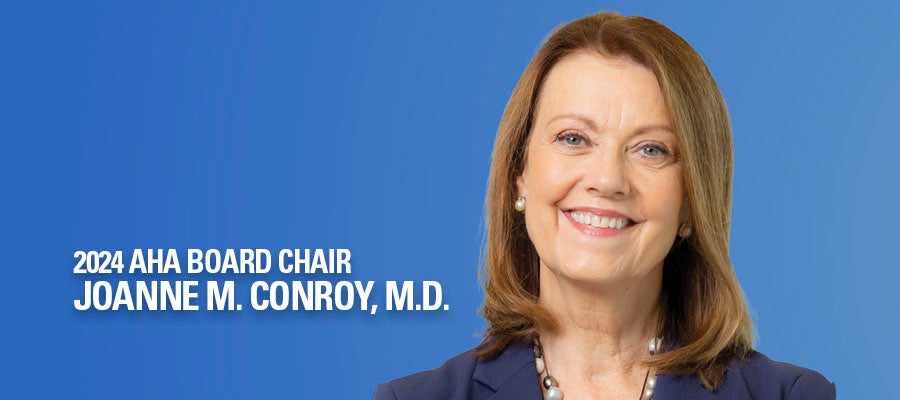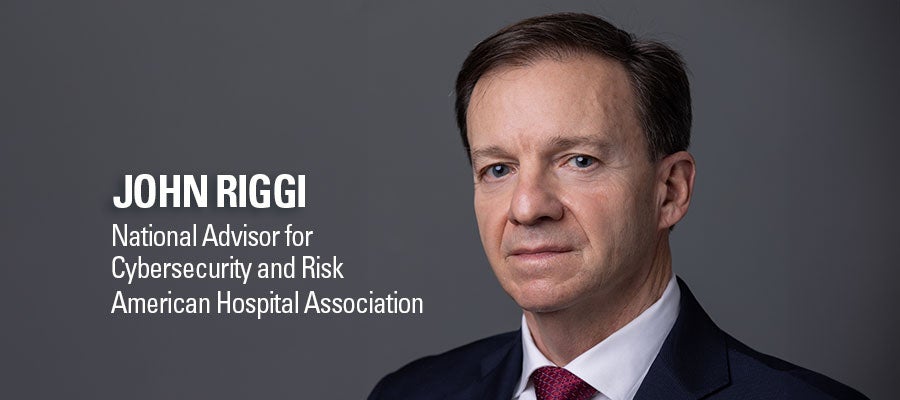
OneBlood, a nonprofit organization that provides blood and blood products to health care providers in Florida, Georgia, Alabama, North Carolina and South Carolina, including more than 350 hospitals, July 31 said it is experiencing a ransomware event that is impacting its software system and disrupting some of its operations to deliver blood.






